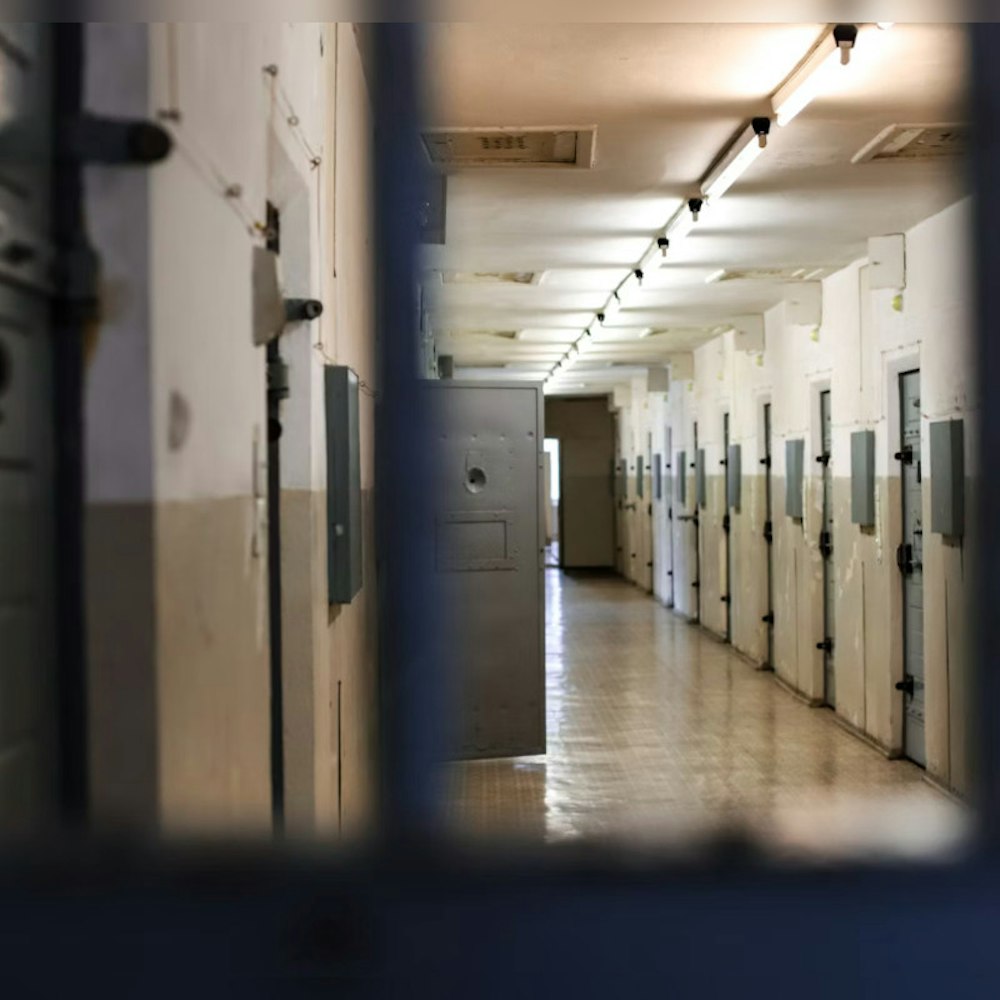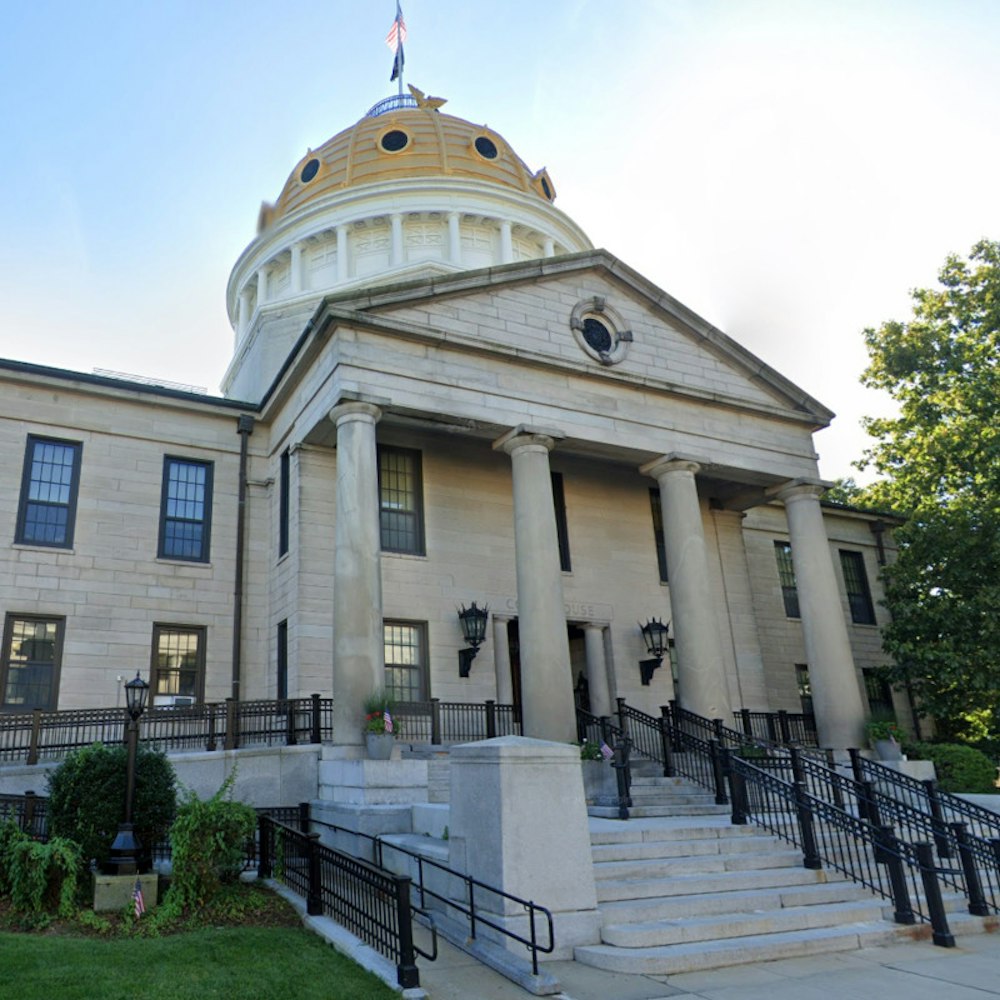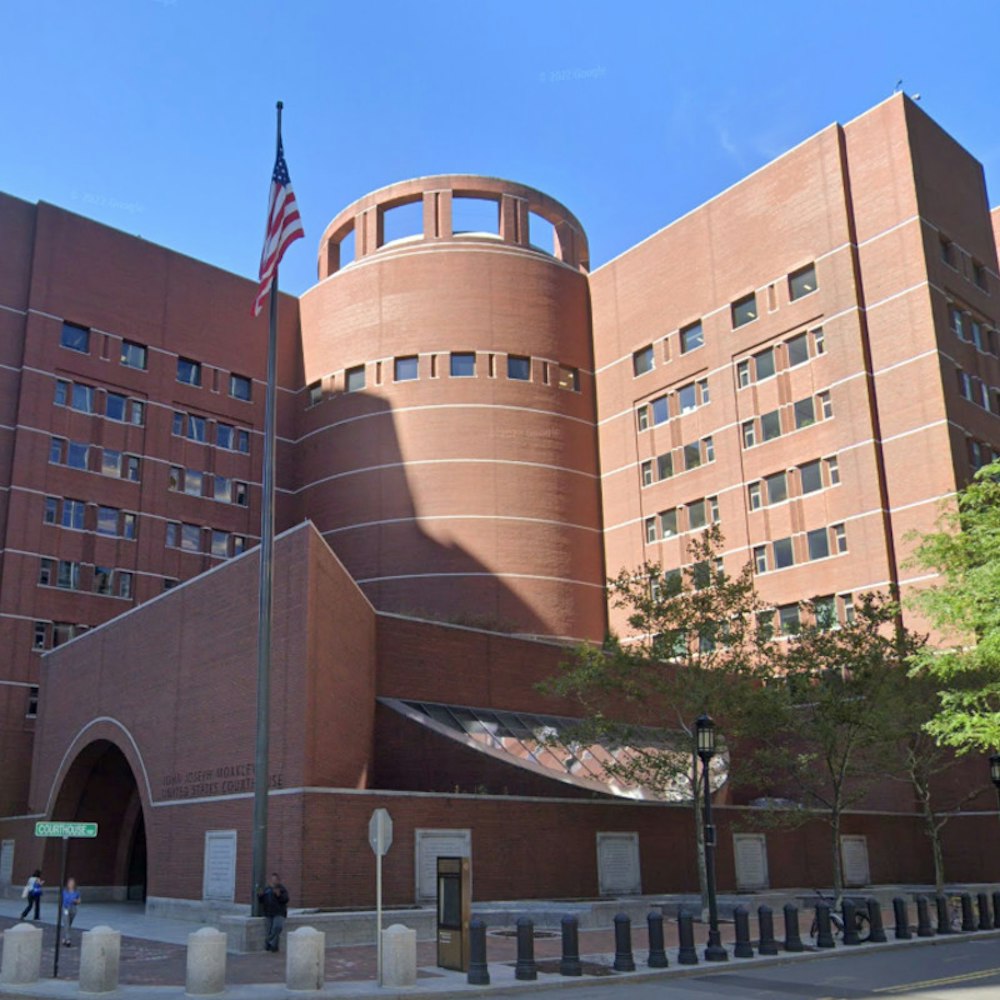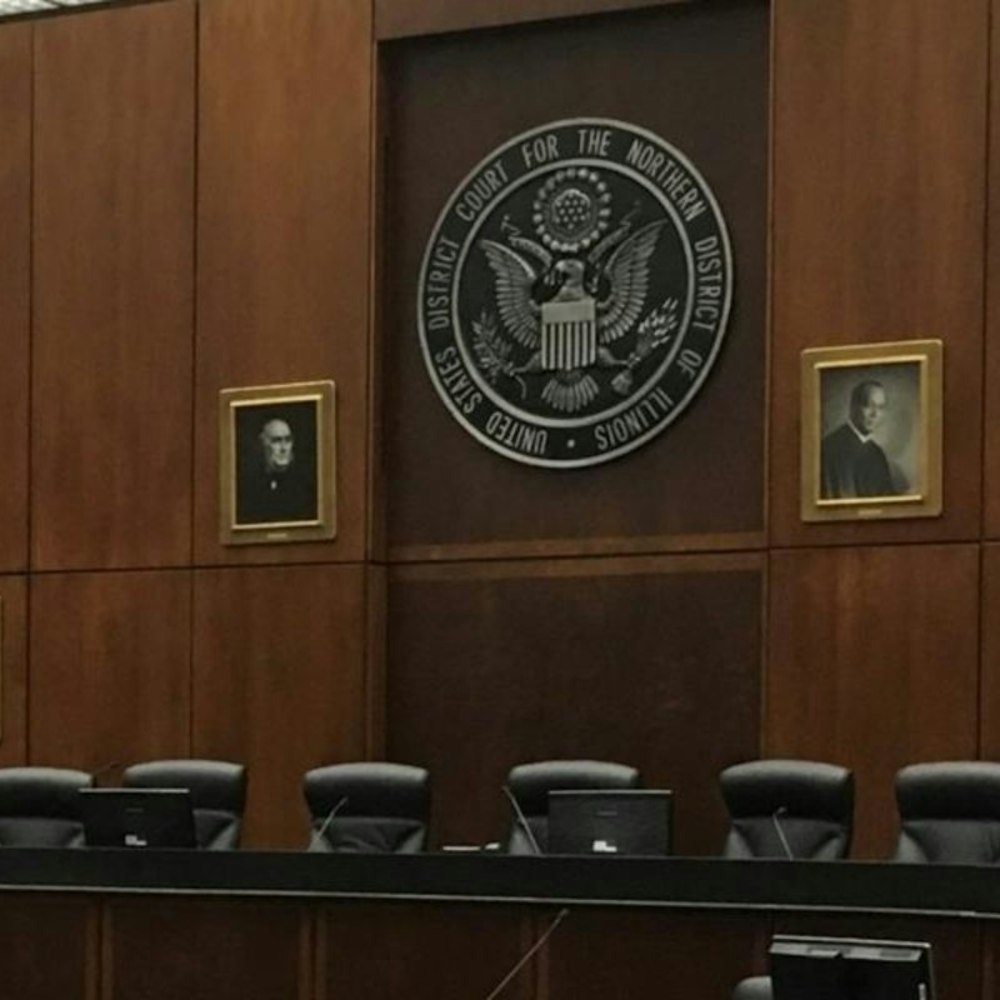![Despite Criticism From Affordable Housing Advocates, 'Home-SF' Legislation Passes [Updated]](https://img.hoodline.com/uploads/story/image/35986/Main_Image_Downing_HomeSF.jpg?max-h=442&w=760&fit=crop&crop=faces,center)
Today, the Board of Supervisors is set to vote on legislation that determines how much builders must contribute to the city’s stock of affordable housing. But after a last-minute intervention by a group of advocates, it’s unclear whether the legislation will pass, SFGate reports.
Last night, The Council of Community Housing Organizations attended the Land Use and Transportation Committee to criticize legislation proposed by Supervisor Katy Tang.
Home-SF, legislation Tang proposed that's backed by Mayor Ed Lee, would require 30 percent of new units built near Muni's busiest routes to be set aside as permanently affordable. In return, those builders could add two extra stories than would otherwise be allowed.
Although the matter wasn't on the agenda, Council of Community Housing Organization members attacked Tang's proposed law on grounds that it would give developers a way to circumvent more stringent requirements agreed upon by supervisors in a late-night compromise last week.
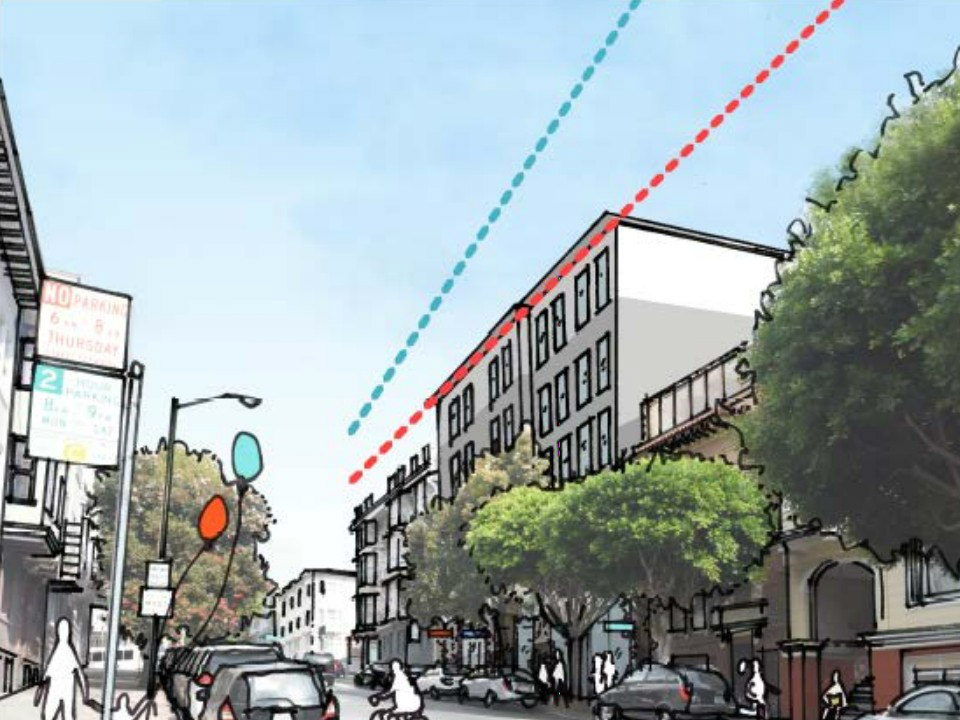
In that deal, supervisors agreed that market-rate projects approved this year will need to set aside 18 percent of their rental units as affordable, with that number rising to 19 percent in 2018 and 20 percent the following year.
If a developer chooses to build affordable units off-site, the percentage rises from 30 to 32 percent.
Instead of reserving the largest share of units for low-income earners, Tang's proposal divides the pie evenly, with one third reserved for moderate-income earners, another slice for low-income residents, and the final third for those who earn slightly more than the median ($80,000 per year for a single person).
According to SF Planning, a 1979 statewide density bonus law that only requires 13 to 20 percent affordable housing in exchange for higher density is already on the books, and has been used several times by builders in the city.
The pending legislation has been in the works for two years, and Tang told us that she’s been making amendments since its inception. Affordable housing legislation has been the source of ongoing controversy due to questions over qualifying income levels and its potential to create taller, denser structures.
“The latest amendments that I will be making were the requests made as a result of negotiations related to the Inclusionary Housing ordinance,” Tang wrote in an email. “Our goal was always to have our income level tiers match those in the Inclusionary Ordinance.”
At last night’s committee meeting, critics of the legislation called it a “loophole” and a “workaround.” Opponents want Tang to raise the percentages in Home-SF "to mirror the ones in the other law," SFGate reported.
If approved, Home-SF can potentially produce 5,000 permanently affordable housing units over the next 20 years, Tang said, adding that San Francisco needs to expand the pool of people who qualify for affordable housing.
“That is more than triple the amount of affordable housing that would be produced under our City’s mandatory affordable housing laws,” Tang wrote. If we want … our teachers and social workers to be able to live in the community they give so much to, then we need to create more affordable housing.”
Update, 4:47pm: The Board of Supervisors voted 10-1 to approve Supervisor Tang's Home-SF legislation, with Supervisor Norman Yee the lone dissent.
